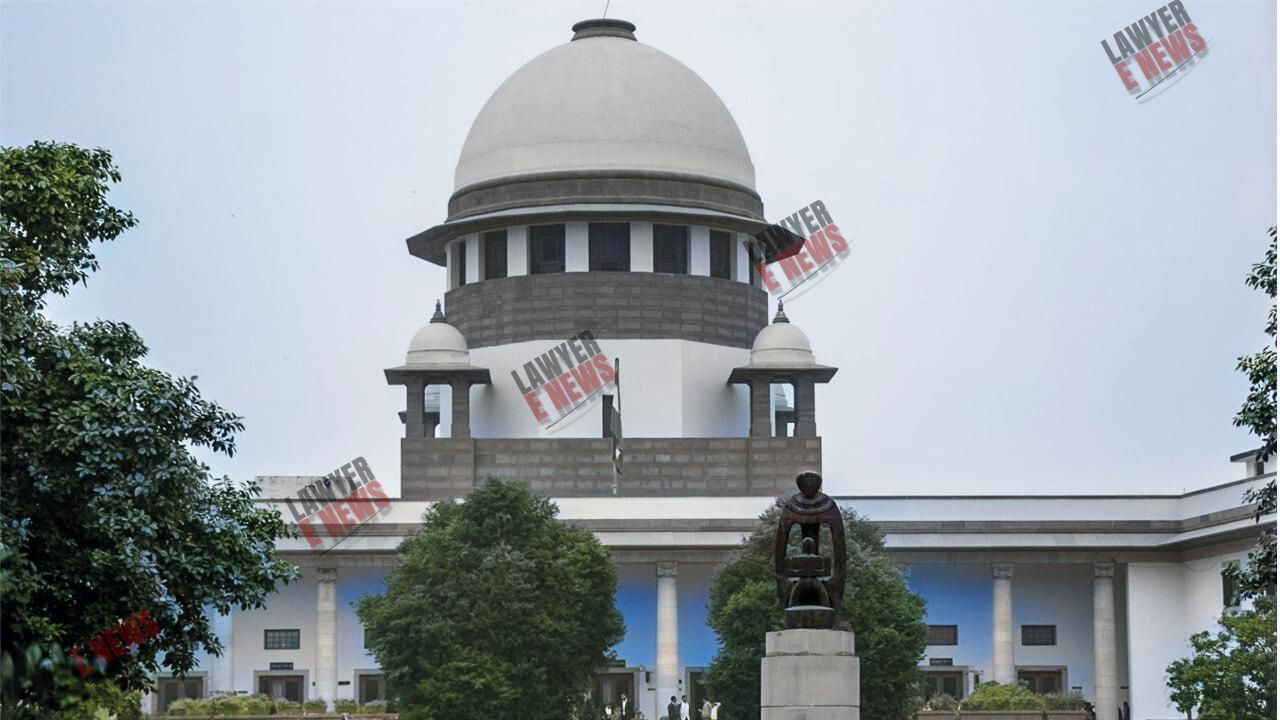-
by sayum
14 February 2026 2:22 PM



High Court's rejection of plea to quash summoning order overturned; Supreme Court emphasizes need for careful application of mind by lower courts. In a significant ruling, the Supreme Court of India has quashed the summoning order issued by the Additional Chief Judicial Magistrate, Khurja, in a criminal case involving allegations of breach of trust and cheating. The apex court's decision underscores the importance of distinguishing between civil and criminal liabilities and reiterates the responsibility of magistrates to apply their minds carefully before issuing process in such cases.
The case arose from a private complaint filed by Vipin Kumar Agarwal, owner of Agarwal Udyog, against the Delhi Race Club (1940) Ltd. and its office bearers. The complaint alleged that the appellants, who regularly purchased horse feed from Agarwal’s firm, owed a payment of ₹9,11,434, which had remained unpaid since 2017. When the complainant demanded the outstanding amount, he was directed to approach the Delhi Horse Trainers Association. Alleging conspiracy and dishonest intent, Agarwal filed a complaint under Sections 406, 420, and 120B of the Indian Penal Code (IPC). The Magistrate, after conducting a magisterial inquiry under Section 202 of the CrPC, issued process for the offence of criminal breach of trust under Section 406 IPC.
The Supreme Court found that the summoning order was issued without proper application of mind by the Magistrate and that the High Court erred in dismissing the plea to quash the summoning order. The Court observed that summoning an accused in a criminal case is a serious matter and must be done with careful consideration of the evidence. The Magistrate must assess whether the allegations, if proven, would constitute a criminal offence, rather than merely a civil dispute.
The Court clarified the distinction between criminal breach of trust and cheating, emphasizing that these offences cannot coexist based on the same set of facts. It pointed out that criminal breach of trust involves the dishonest misappropriation of property that has been entrusted to the accused, whereas cheating involves fraudulent or dishonest inducement at the inception of the transaction. The Court found that the facts of this case did not support the charge of criminal breach of trust as no entrustment of property was alleged.
The Court extensively discussed the principles governing the issuance of summons in criminal cases. It highlighted that the issuance of process under Section 204 CrPC requires the Magistrate to be satisfied that sufficient grounds exist for proceeding against the accused. This satisfaction must be based on a careful examination of the complaint and the evidence provided. The Court criticized the mechanical approach often taken by lower courts and law enforcement agencies in registering cases under both Sections 406 and 420 IPC without proper legal basis.
Justice J.B. Pardiwala remarked, "The distinction between criminal breach of trust and cheating is a fine one. It is high time that police officers and magistrates across the country understand that these two offences are distinct and cannot coexist simultaneously based on the same facts."
The Supreme Court's decision in this case serves as a reminder of the need for judicial officers to exercise their discretion judiciously when dealing with criminal complaints, particularly those that may also involve civil liabilities. By quashing the summoning order, the Court has reinforced the principle that criminal law should not be used as a tool for settling civil disputes. This ruling is likely to have far-reaching implications for the application of criminal law in cases involving commercial transactions.
Date of Decision: 23rd August 2024.
Delhi Race Club (1940) Ltd. & Ors. vs. State of Uttar Pradesh & Anr.
